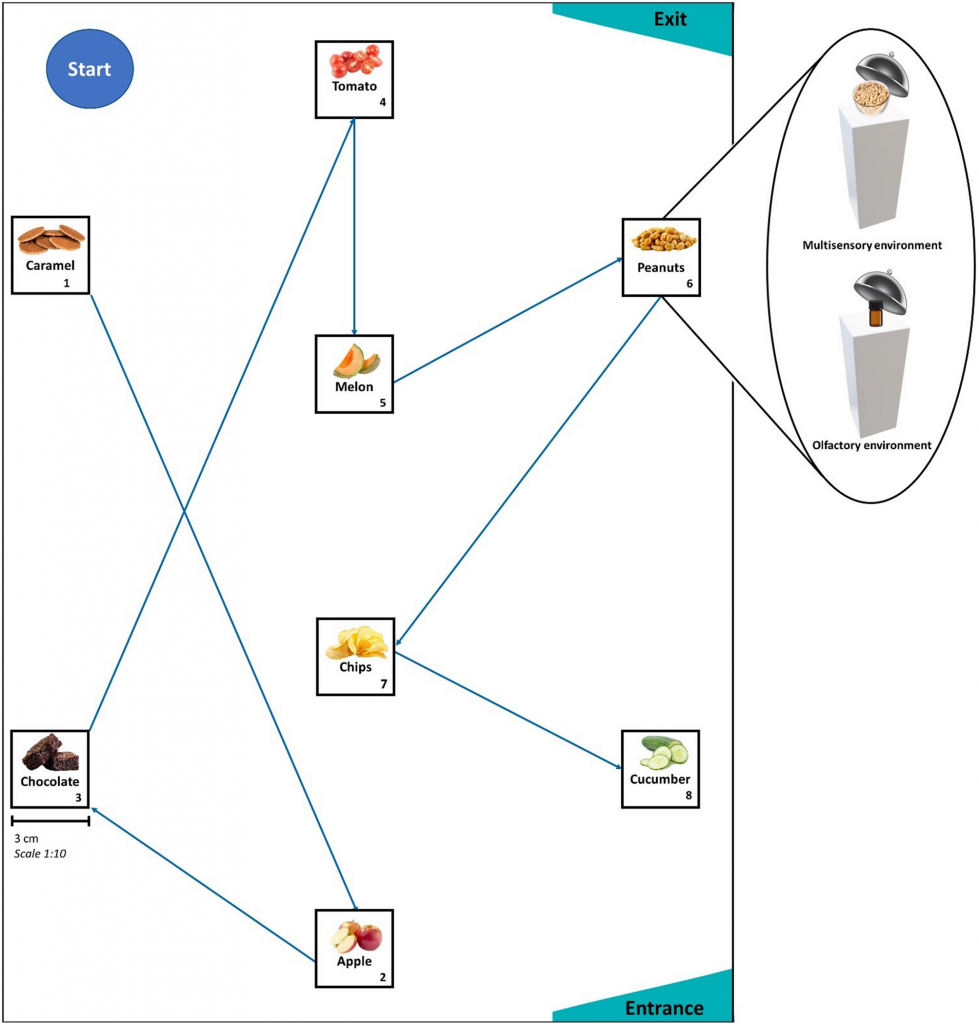- Optimal Foraging Theory suggests that when searching for food animals typically opt for high-calorie foods.
- A recently published study in Scientific Reports explored the role of human spatial memory in choosing high-calorie foods over healthier options
- The study found a higher recall for junk food among the participants as compared to healthy food.
Spatial memory is responsible for storing and retrieving information about our environment and spatial orientation. Scientists believe spatial memory plays a key role in making us choose high-calorie junk food over healthy food.
An earlier study, conducted among women, found evidence of enhanced spatial memory for pictures of junk food as compared to images of low-calorie foods. This enhanced spatial memory also led to higher BMI in the participants. Thus, causing researchers to identify cognitive processing as a cause of unhealthy eating habits and weight gain.
Does Spatial Memory Effect one’s Food Choice?
While evolution favors our selection of high-calorie food, scientists wonder whether a higher level of cognitive processing also affects our dietary habits.
To test their hypothesis, researchers created a maze-like setting within a room for the 512 study participants. The participants had to follow a specific route within a room and sample a variety of, both sweet and savory, high- and low-calorie food. They then rated the food on familiarity, desire to eat, and liking for the food at each pillar location.

Two sensory environments were mirrored in separate rooms and participants were divided among the two. The multisensory environment used actual food products as stimuli that the participants had to eat. Whereas, in the olfactory environment they could only smell the food odors.
A surprise spatial memory task was then conducted later. A random sequence of previous food stimuli was presented to the participants and they had to indicate the pillar location of each item on a digital map of the room.
Recall for Junk Food Better Than Healthy Food
For food such as brownies and potato chips, the recall was approximately 27 to 28 percent better than for healthy options like cucumbers and apples. These results occurred despite the participants’ state of hunger, familiarity with foods, and desire to consume the food item.
Furthermore, both the multisensory and olfactory environment showed similar results – a higher recall for junk food. Thus, providing evidence of a heightened sense of smell in humans.
However, our observations showcase the intact ability of individuals to distinguish different odour types, deduce caloric properties of signalled foods from odour cues, and localize odour objects in space,
study authors
In conclusion, our cognitive processing can make us choose high-calorie food items when presented with a diverse food environment. Thus, making it harder to adopt healthy dietary habits.
Reference:
de Vries, R., Morquecho-Campos, P., de Vet, E. et al. Human spatial memory implicitly prioritizes high-calorie foods. Sci Rep 10, 15174 (2020). https://doi.org/10.1038/s41598-020-72570-x
Allan, K., and J.l. Allan. “An Obesogenic Bias in Women’s Spatial Memory for High-Calorie Snack Food.” Appetite, vol. 67, 2013, pp. 99–104., doi:10.1016/j.appet.2013.03.011.




